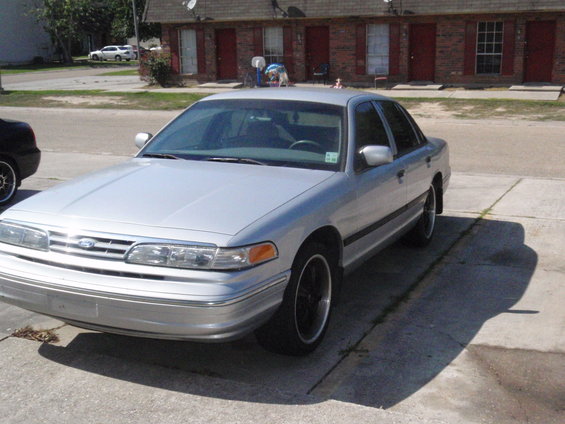SuperMotors.net Forums
rich2444
 |
|
• Vallejo, CA, USA |
|
• Registered on 12/5/2013 |
|
• 1 post |
|
|
|
 Posted:12/5/2013 12:35 Posted:12/5/2013 12:35 |
|
|
Well, yes, if your sticker and or owners manual says to. And it is not all about pinging. Your engine\\'s knock sensor only has a limited amount of timing retarding to stop pinging and when the timing is retarded it effects efficiency. It\\'s all about mileage and your car lasting longer before you have to remove cylinder heads and replace catalytic converters. First if you use a low grade fuel, when you should not, you have combustion chamber overheating. This causes problems and your mileage will be effected. And if you know anything about Mode 6 you will notice misfire\\'s racking up. These are not severe misfires just your computer telling you there is something wrong and your check engine light may never come on. I have been an auto mechanic for 40 years and have specialized in complaints like Check engine light on and customers saying my car does not run as good as it used to. I would say a happy medium would be to use the mid range octane rating at least. Last but not least your catalytic converter will last much longer using high test fuel, if it is supposed to. Those converters can be very, very expensive. If your car runs correctly and you don\\'t have misfires, you may never have to replace the converter. They do not wear out, they get contaminated. I have seen them cost over $2,000.00. You can buy a lot of gas for $2,000.00.
Richard |
|
jdmeaux
 |
|
• Lafayette, LA, USA |
|
• Registered on 1/5/2009 |
|
• 525 posts |
• 1 Vehicle
|
|
 Posted:12/5/2013 19:06 Posted:12/5/2013 19:06 |
|
|
I agree with you about almost all that you said. A lot of the problem is in the programming of the PCM and the sensitivity of the sensors. If the program is set with too much timing for the sensors, yes, you will get mini-misfires that affect efficiency and mileage.
On the older spring-advance systems used in vehicles for years before electronics took over, a good mechanic could adjust the spring-advance with timing to get an optimal efficiency of the engine. I've done that with many high horsepower street engines and avoided using high octane fuel (except when needed for racing).
I have also seen engines set exactly as the factory sent it out, and they got terrible mileage and high emissions. Why? Because of differences in chamber shapes, spring tension, variations in timing marks, and poor piston shapes. I once rebuilt a 454 that was far off the mark with variations in tolerances on marks on cam shaft and crankshaft gears, timing marks off by 4 degrees on a factory pulley, loose timing chains, loose advance springs in the distributor, and loose tolerances of the distributor gear.
Poor quality control of all the little parts all add up. The above engine was running 8 degrees off the timing and was performing poorly. As you can see, if the engine is checked and is set up as planned by the factory, good quality parts are needed for maximum efficiency.
Also, a poor timing program on the newer electronic controlled engines also affect its efficiency. A well-written control program will get the maximum efficiency from the engine FOR the fuel octane being used.
Using a QUALITY low octane fuel is better than using a cheap low octane fuel. The 10 cents extra you pay now may save you that $2000 catalytic converter later.
*******************
PROUD MEMBER of www.crownvic.net
It's just a SUPER-DUTY Mustang GT Sedan. 198K miles and still rolling HARD.
1997 Crown Victoria P71 SVT *** ex-US Marshall service (the CAR)
STOCK?? I bet it was modified. 
13.26 @ 107.24 MPH 1/4 mi w/ me, tools, & full tank of 93 octane
I added CAI, NICHE 19 X 8.5 " wheels with 245/45ZR 19 rubbers, and completely rebuilt the front end with poly bushings, Kooks headers, 2 1/4inch exhaust, TCI 2200-2400 rpm Stall converter
.PLANS:: engine upgrade, 5.4L 2v stroker, rebuild interior in leather w/ buckets, thinking about turbos
|
|
|
|